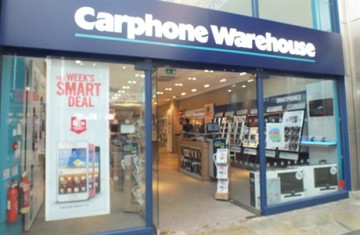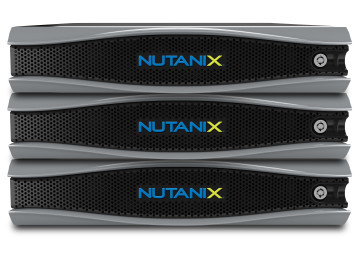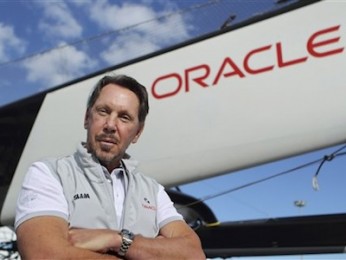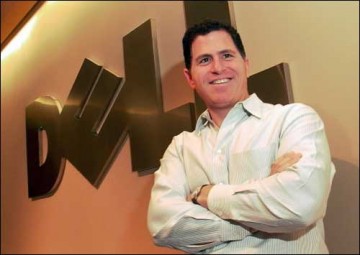 Dixon Carphone attempted to play down the personal impact of market volatility that a post-Brexit vote will “inevitably” cause.
Dixon Carphone attempted to play down the personal impact of market volatility that a post-Brexit vote will “inevitably” cause.
Dixon Carphone CEO Seb James talked bullishly about the business and its prospects but noted that things could get a bit edgy since Friday’s EU referendum.
“The nation has spoken and there has been a vote to exit the EU in due course. As you can imagine, we have been giving some thought to this,” he said.
“Our view is that, as the strongest player in our market and despite the volatility that is the inevitable consequence of such change, we expect to find opportunities for additional growth and further consolidate our position as the leader in the UK market,” said James.
Dixon Carphone said group sales edged up three per cent year-on-year to £9.78bn for the year ended 30 April. Sales in its UK heartland went up one per cent to £6.4bn, reflecting stores closure.
Demand for white box goods offset weaker trade in computing, TV sales benefited from the Rugby World Cup last year it said. The mobile element saw market share gains helped by the store within a store concept, the launch of a 4G network branded iD and lasting benefits of Phones4You going pop in the prior financial year, the company said.
Connected World Services jumped to £152m from £121m. Dixon has a deal to roll out CWS in Sprint stores across the pond.
Profit for the year was £337m, up from £285m in the prior financial year.



















